Shearer was one of the most popular actresses in the world from the mid-1920s until her retirement in 1942. Her early films cast her as the girl-next-door but after her 1930 film The Divorcee, she played sexually liberated women in sophisticated contemporary comedies and dramas, as well as several historical and period films.
Unlike many of her MGM contemporaries, Shearer's reputation went into steep decline after her retirement. By the time of her death in 1983, she was in danger of being known only for her "noble" roles in the regularly-revived The Women and Romeo and Juliet or, at worst, as a forgotten star.
However, Shearer's legacy began to be re-evaluated in the 1990's with the publication of two biographies and the TCM and VHS release of her films, many of them unseen since the implementation of the Production Code some sixty years before. Focus shifted to her pre-Code "divorcee" persona, and Shearer was rediscovered as "the exemplar of sophisticated [1930's] woman-hood... exploring love and sex with an honesty that would be considered frank by modern standards". Simultaneously, Shearer's ten year collaboration with portrait photographer George Hurrell and her lasting contribution to fashion through the designs of Adrian were also recognized.
Today, Norma Shearer is widely celebrated as one of cinema's feminist pioneers: "the first American film actress to make it chic and acceptable to be single and not a virgin on screen".
In March 2008, two of her most famous pre-code films, The Divorcee and A Free Soul, were released on DVD.










































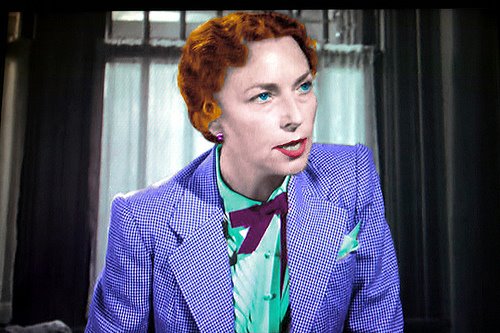



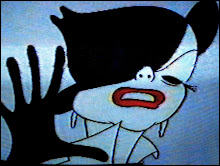.jpg)

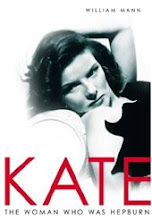


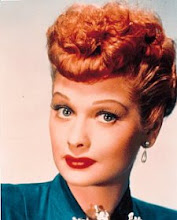








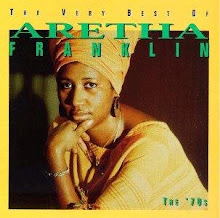
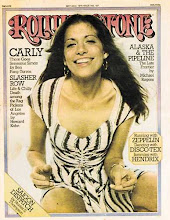



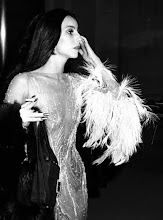















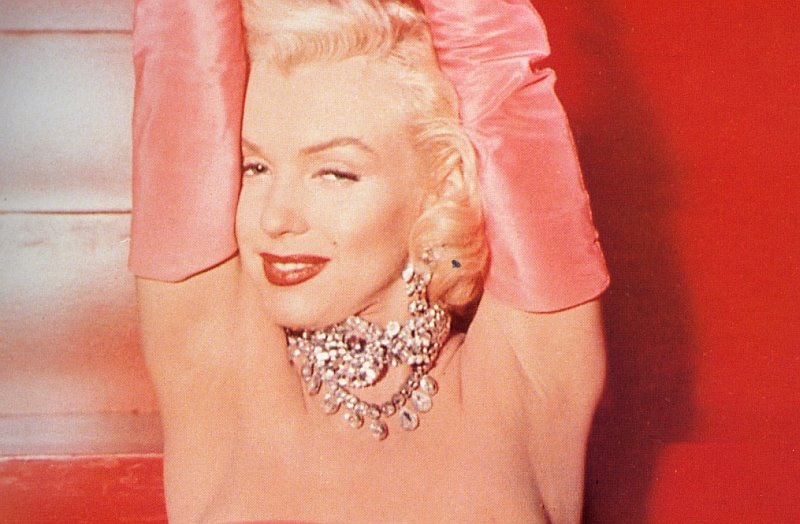







No comments:
Post a Comment